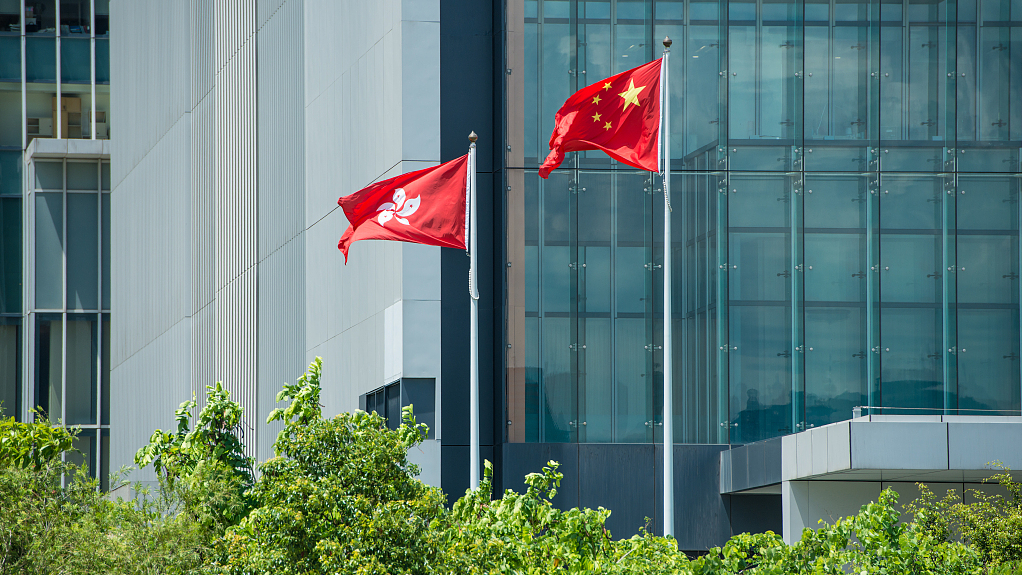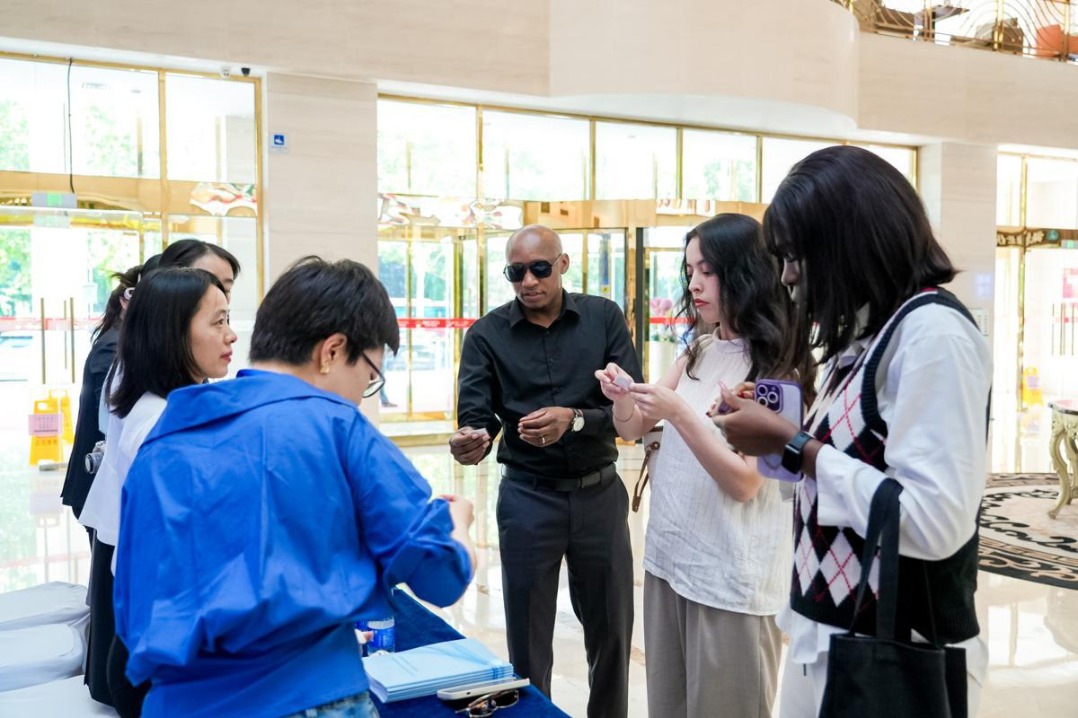Hong Kong High Court's ruling raises suspicions of judicial bias: China Daily editorial


The High Court of the Hong Kong Special Administrative Region ruled on Monday that the provisions of the Emergency Regulations Ordinance, which empowered Chief Executive Carrie Lam Cheng Yuet-ngor to make the anti-mask regulation were inconsistent with the Basic Law, and that the anti-mask regulation failed to meet the proportionality test.
Those who are not familiar with the legal affairs of the SAR might think that the ruling is intended to prevent the government from abusing its power. In fact, the ruling has shown the supreme judicial authority of the SAR feels no qualms about abusing its power by misinterpreting the law — presumably to make a point about its own position.
The Emergence Regulations Ordinance, which was introduced in 1922 and invoked several times during colonial rule, was confirmed to be in accordance with the Basic Law by the Standing Committee of the National People's Congress, the country's top legislature, in February 1997 and it was adopted as a law of the SAR without any objection from Hong Kong's High Court.
That the majority of Hong Kong's judicial and legal system was preserved after the territory's return to the motherland was testament to China's commitment to "one country, two systems".
What spurred the court to suddenly find fault with the ordinance, which it has accepted for nearly a century, was by no means any sudden enlightenment on its part, but the simple fact that the ban on masks was effective in deterring those for whom anonymity was a license for violence from participating in the riots.
When the court ruled that the "unconstitutional" mask ban infringes on fundamental rights more than is reasonably necessary for the furtherance of its goals, the judges apparently chose to turn a blind eye to the heavy moral, legal and material costs paid by the whole city for the inhuman acts of the rioters.
No wonder none of the 4,491 suspects arrested by the Hong Kong police by the middle of this month since the beginning of the unrest in the city in early June, has been charged according to law, or even detained for more than 24 hours.
No wonder there are questions being asked about the impartiality of the courts.
And no wonder the country's top legislature has expressed its "strong dissatisfaction" with the High Court's ruling that does not conform to the Basic Law's stipulation that ordinances previously in force in Hong Kong before 1997 — an element of the "two systems" — shall be maintained.
The courts should be advised that they are not above the law. They are duty bound to uphold the Basic Law and its stipulation that the rights and freedoms of Hong Kong residents and others living and working in the SAR be safeguarded in accordance with law.
It is the rioters that are violating those rights with their criminal actions; the courts should do their duty and hold them accountable to the law.
- NPC spokesperson expresses deep concern over HK court ruling
- HK leaders join in chorus of unity
- Hong Kong violent protesters' disingenuous war against the police
- Central govt spokesperson expresses strong concern over HK court judicial review on mask ban
- HKSAR gov't official calls for rationality, end to violence ahead of elections






























